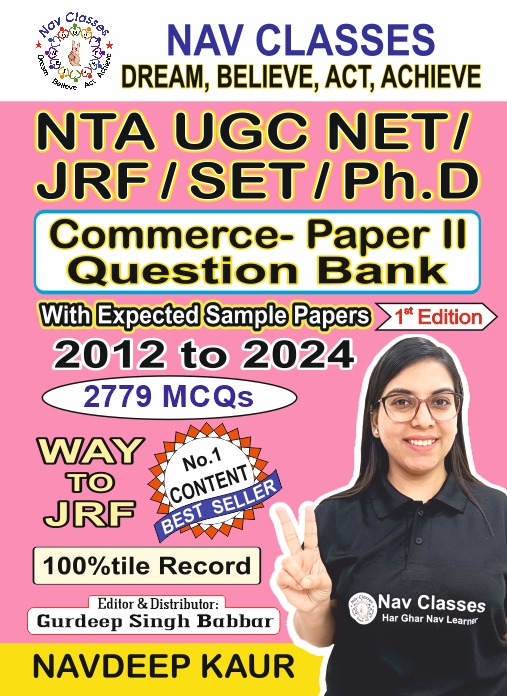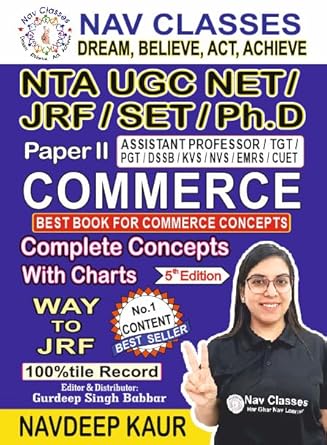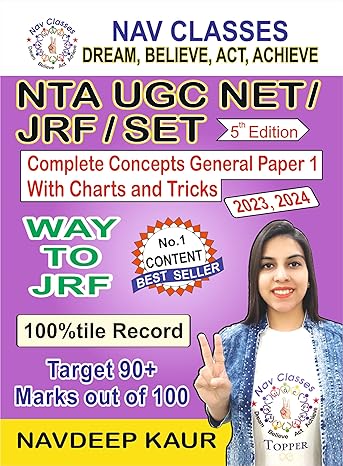1.The minimum and maximum age for a candidate to contest elections for President of India’s office?
[A] 25 years, 65 years
[B] 35 years, 65 years
[C] 35 years , no limit
[D] 25 years, no limit
SHOW ANSWER
Explanation: Article 58 of the constitution lays down the qualifications of a president in India. These qualifications are:
1. He should be a citizen of India,
2. He must have completed the age of 35 years
3. He must be qualified to become a Lok Sabha member.
4. He should not hold any office of profit under Union or state government.
©navclasses
2.How many states are part of the North eastern Council ?
[A] 5
[B] 6
[C] 7
[D] 8
SHOW ANSWER
Explanation: The council consists of eight member states of the North Eastern Region, viz., Arunachal Pradesh, Assam, Manipur, Meghalaya, Mizoram, Nagaland, Sikkim and Tripura. In 2002, Sikkim became the eighth member state of the Council. ©navclasses
3.Which amendment of the constitution added Administrative Tribunals?
[A] 42nd amendment act
[B] 44th amendment act
[C] 46th amendment act
[D] 49th amendment act
SHOW ANSWER
Explanation: Constitution (42nd) Amendment added a new part XIVA to the Constitution for Tribunals: Administrative Tribunals (Art 323A) and Tribunals for other purpose (Art 323B). ©navclasses
4.How many times the word “Secular” appears in our constitution?
[A] 1
[B] 2
[C] 3
[D] 4
SHOW ANSWER
Explanation: The term “secular” appears twice in Indian Constitution, first in Preamble and then in Article 25 (a). ©navclasses
5.What will follow if a bill to bifurcate a state is rejected by the state assembly?
[A] The Parliament may still proceed with bifurcation of state
[B] The bill will get lapsed
[C] The Governor of the state may initiate reintroduction of the bill
[D] The Governor may take ordinance route to bifurcate the state
SHOW ANSWER
Explanation: Whether the state says yes or no, once the time given to it has passed, the President may recommend the bill to be introduced in any house of parliament. Its parliament’s prerogative to go ahead. ©navclasses
6.Which act during British India provided financial grant for encouragement of Indian literature and promotion of science?
[A] Amendment Act of 1781
[B] Charter Act of 1813
[C] Charter Act of 1833
[D] Charter Act of 1853
SHOW ANSWER
Explanation: Charter Act of 1813 not only allowed the missionaries to travel to India, but also provided for the allocation of one hundred thousand rupees per year for two specific purposes: first, for the encouragement of the learned natives of India and the revival of and improvement of literature; secondly, for the promotion of knowledge of sciences among Indians. ©navclasses
7.The principle of dyarchy was introduced in India by British government through which act?
[A] Indian Councils Act, 1861
[B] Indian Councils Act, 1892
[C] Indian Councils Act, 1909
[D] Government of India Act, 1919
SHOW ANSWER
Explanation: The Government of India Act, 1919, also known as Montagu-Chelmsford reforms, introduced the system of dyarchy in India. The act introduced dyarchy at provincial level. The act also for the first time established Public Service Commission in India. ©navclasses
8.How many sessions did Constituent Assembly take to draft the Constitution of India?
[A] 10
[B] 11
[C] 13
[D] 15
SHOW ANSWER
Explanation: Constituent Assembly held total 11 sessions over the course of two years, 11 months and 18 days. The Constitution makers had gone through the Constitutions of about 60 countries to draft the Constitution of India. ©navclasses
9.Which of the following Articles cover the provisions related to Citizenship?
[A] Article 4 to 9
[B] Article 5 to 15
[C] Article 5 to 11
[D] Article 5 to 9
SHOW ANSWER
Explanation: The Constitution of India deals with the citizenship from Article 5 to 11 under Part II. It does not deal with the problem of acquisition or loss of citizenship subsequent to its commencement. ©navclasses
10.Who described the Directive Principles and the Fundamental Rights as the ‘Conscience of the Constitution’?
[A] Granville Austin
[B] B.R. Ambedkar
[C] K.M. Munshi
[D] Jawaharlal Nehru
SHOW ANSWER
Explanation: The Directive Principles of State Policy along with the Fundamental Rights contain the philosophy of the Constitution and constitute the soul of the Constitution. Granville Austin described the Directive Principles and the Fundamental Rights as the ‘Conscience of the Constitution’. ©navclasses






